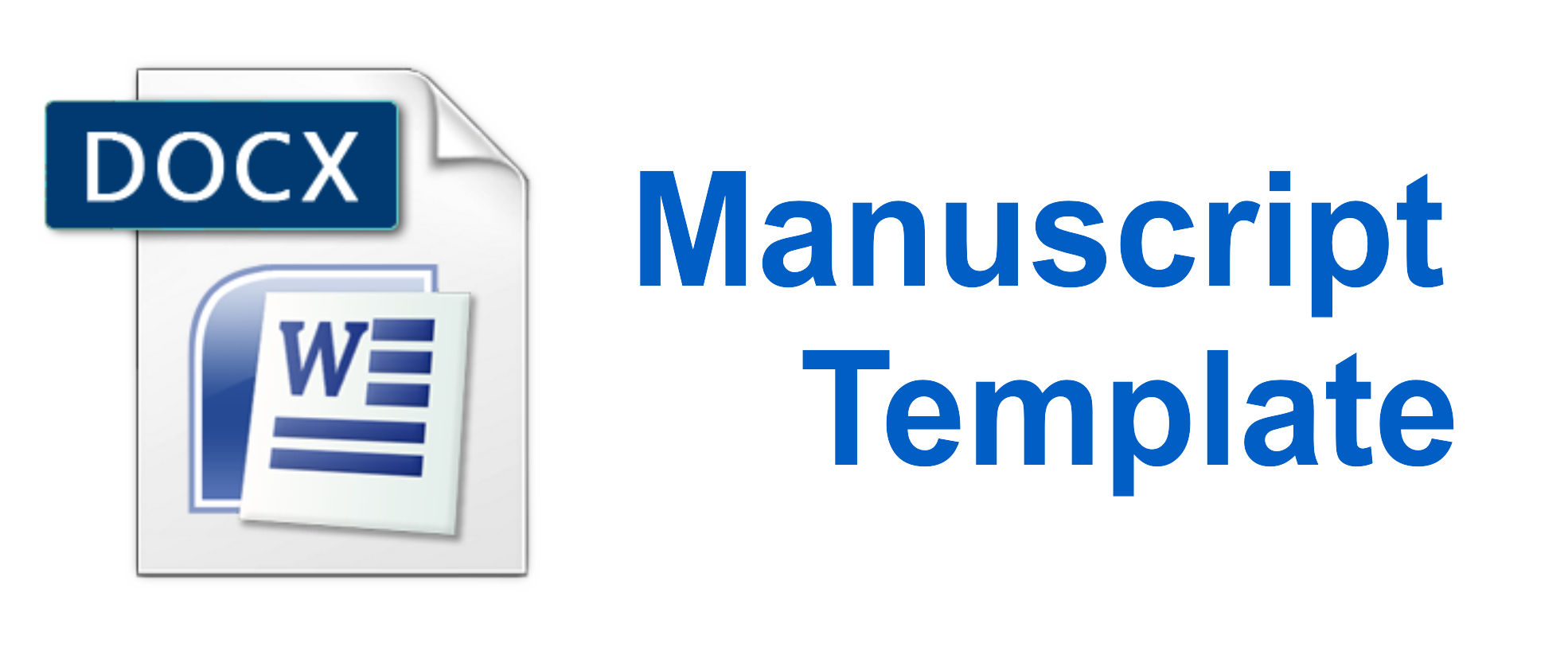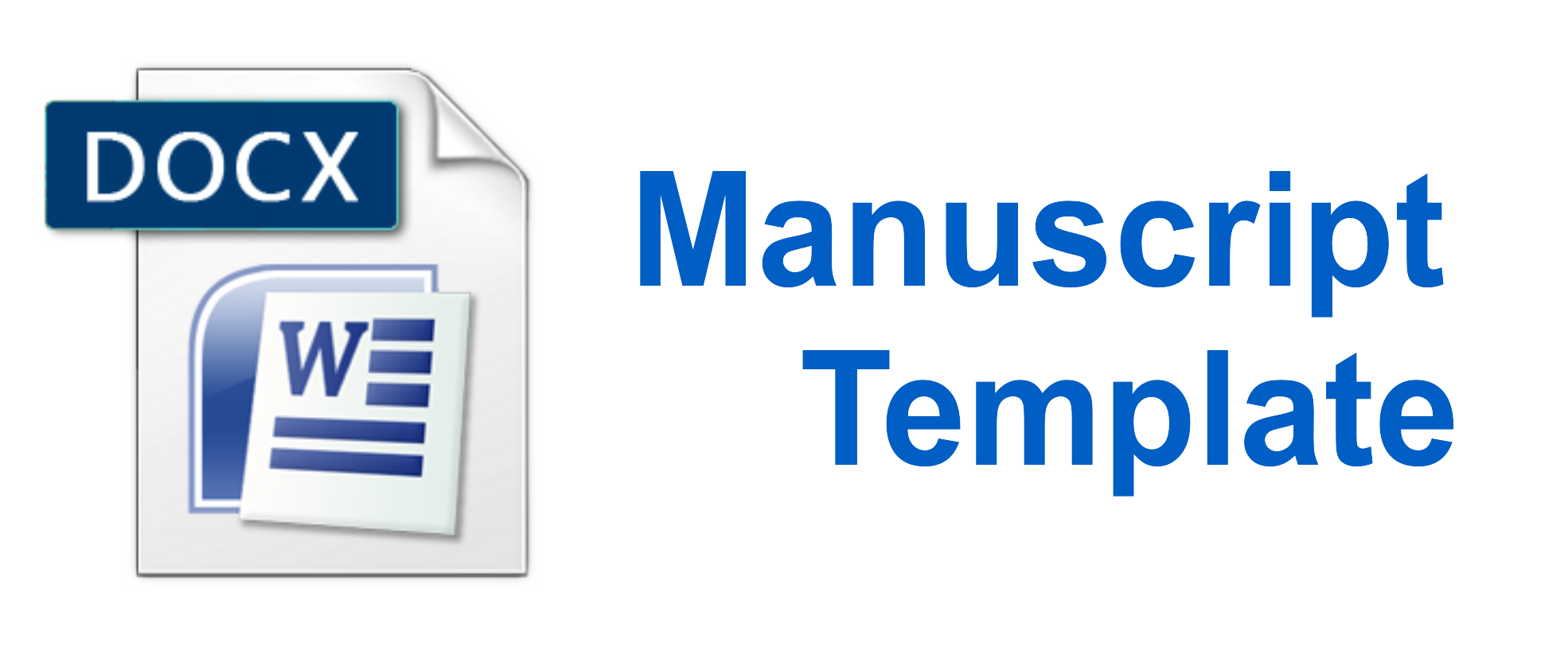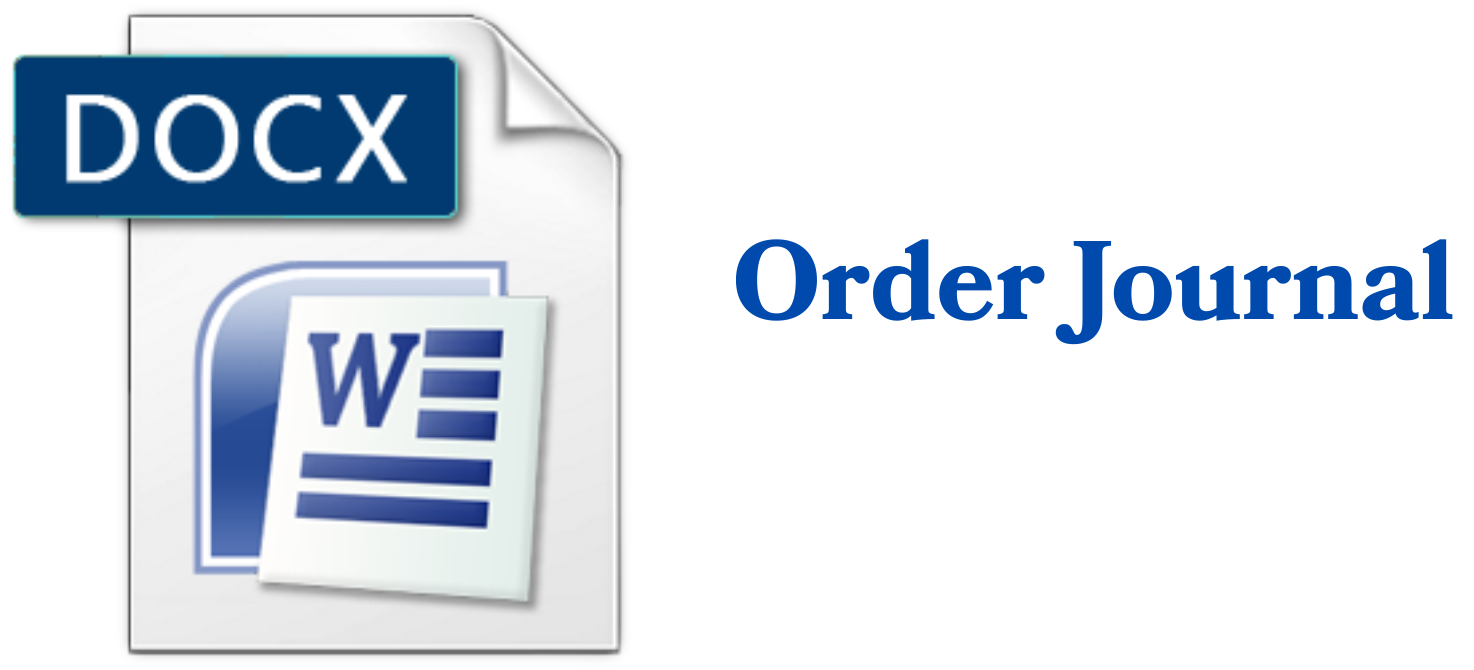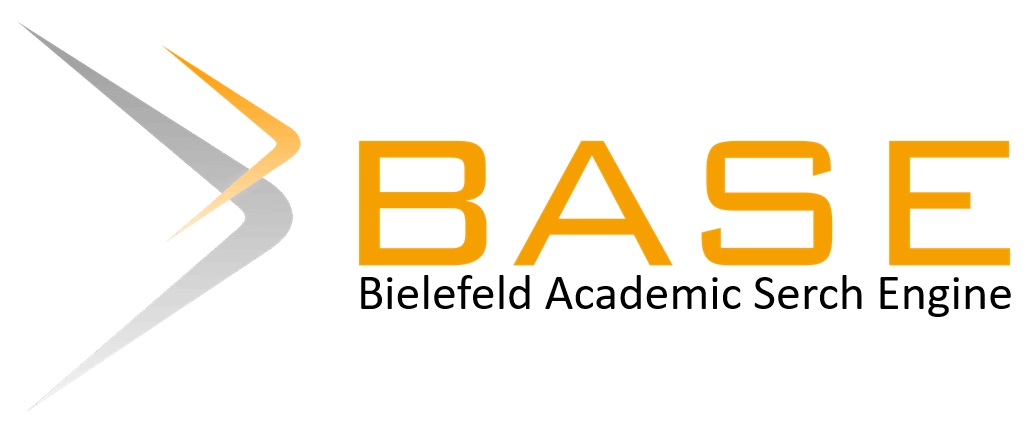THE IMPLEMENTATION OF AL-GHAZALI’S THOUGHT ON CHARACTER EDUCATION AT SEMAI ELEMENTARY SCHOOL
DOI:
https://doi.org/10.35316/edupedia.v8i2.3947Keywords:
character education, al-Ghazali's thought, moralAbstract
The implementation of the independent curriculum at the elementary school level through the implementation of the project of strengthening the profile of Pancasila students (P-5) requires schools to apply character values as they should. However, elementary schools do not yet fully understand the concept of character values conveyed by Muslim figures and their implementation in schools. This research aims to describe character education according to Al-Ghazali and the implementation of character education in schools. This research method is done qualitatively by means of literature study and descriptive study through learning observation at school and interviews with teachers. The collected data was then analyzed qualitatively with the stages of reducing data, presenting data, and drawing conclusions. The results show that the character education carried out at Semai Elementary School is in accordance with the moral values conveyed by Al-Ghazali in the aspects of moral education, methods of moral formation, and character values that emerge such as having faith and good character, independence, critical reasoning, creative, mutual cooperation and global diversity.
References
Abdul Muid. 2020. Pemikiran Imam Ghazali Pada Kajian Al-Akhlaqul Al-Karimah Dalam Kehidupan Ummat. Jurnal Ilmu Pengetahuan Dan Pendidikan Islam, 6, 1–58.
Al-Ghazali. 2000. Ihya ’Ulumuddin. Daar al-Taqwa.
Al-Ghazali, I. 2009. Ringkasan Ihya’ Ulumuddin (I. Baadillah & H. Kurniawan (eds.)). Akbar Press.
Alam, N. A. R. 2015. Pandangan Al-Ghazali Mengenai Pendidikan Akhlak (Tinjauan Teoretis dan Filosofis). Jurnal Pendidikan Agama Islam (Journal of Islamic Education Studies), 3(2), 346. https://doi.org/10.15642/pai.2015.3.2.346-367
Azty, A., Fitriah, F., Sitorus, L. S., Sidik, M., Arizki, M., Siregar, M. N. A., Siregar, N. A., Budianti, R., Sodri, S., & Suryani, I. 2018. Hubungan antara Aqidah dan Akhlak dalam Islam. Journal of Education, Humaniora and Social Sciences (JEHSS), 1(2), 122–126. https://doi.org/10.34007/jehss.v1i2.23
Bialik, M., Bogan, M., Fadel, C., & Horvathova, M. (2015). Character Education for the 21st Century. In Center for Curriculum Redesign (Issue February). Center for Curriculum Redesign. http://curriculumredesign.org/wp-content/uploads/CCR-CharacterEducation_FINAL_27Feb2015.pdf
Birhan, W., Shiferaw, G., Amsalu, A., Tamiru, M., & Tiruye, H. 2021. Exploring the Context of Teaching Character Education to Children in Preprimary and Primary Schools. Social Sciences and Humanities Open, 4(1), 100171. https://doi.org/10.1016/j.ssaho.2021.100171
Busroli, A. 2019. Pendidikan Akhlak Ibnu Miskawaih dan Imam al-Ghazali dan Relevansinya dengan Pendidikan Karakter di Indonesia. Atthulab: Islamic Religion Teaching and Learning Journal, 4(2), 236–251. https://doi.org/10.15575/ath.v4i2.5583
Dirsa, A., & Kusumawati, I. 2019. Implementasi Pemikiran Imam Al-Ghazali tentang Pendidikan Karakter. Academy of Education Journal, 10(02), 159–169. https://doi.org/10.47200/aoej.v10i02.281
Undang-Undang Republik Indonesia Nomor 20 Tentang Sistem Pendidikan Nasional, 2003.
Mahjuddin. 2000. Akhlak Tasawuf II. Radar Jaya Offset.
Mendikbudristek. 2022. Capaian Pembelajaran Mata Pelajaran Bahasa Inggris Fase A-Fase F. In Badan Standar, Kurikulum, dan Asesmen Pendidikan Kementerian Pendidikan, Kebudayaan, Riset, dan Teknologi Republik Indonesia (p. 23).
Muqit, A., Mukarromah, M., & Amrullah, A. 2023. The Formation of Pancasila Student Profile in Student Independent Dimensions Through Peer Tutor in Pai Learning. Edupedia : Jurnal Studi Pendidikan Dan Pedagogi Islam, 8(1), 89–98. https://doi.org/10.35316/edupedia.v8i1.3450
Mustoip, S., Japar, M., & Zulela. 2018. Implementasi Pendidikan Karakter. Jakad Publishing.
Ningsih, T. 2015. Implementasi Pendidikan Karakter (A. Wachid (ed.); 1st ed.). Stain Purwokerto Press.
Prayitno, H. J., Markhamah, Nasucha, Y., Huda, M., Ratih, K., Ubaidullah, Rohmadi, M., Boeriswati, E., & Thambu, N. 2022. Prophetic Educational Values in the Indonesian Language Textbook: Pillars of Positive Politeness and Character Education. Heliyon, 8(8), e10016. https://doi.org/10.1016/j.heliyon.2022.e10016
Rahman, M. 2011. Metode Penelitian Pendidikan Moral. UNNES Press.
Ristek, K. 2017. Capaian Pembelajaran Pendidikan Agama Islam dan Budi Pekerti. In Kemendikbud Ristek. Kemendikbud Ristek.
Rochmawati, I. 2017. Pendidikan Karakter Dalam Kajian Filsafat Nilai. Jurnal Pendidikan Islam, 36–47.
Rohayati, E. 2016. Pemikiran Al-Ghazali Tentang Pendidikan Akhlak. Ta’dib, 16(1).
Sajadi, D. 2019. Pendidikan Karakter Dalam Perspektif Islam. Tahdzib Al-Akhlaq: Jurnal Pendidikan Islam, 2(2), 16–34. https://doi.org/10.34005/tahdzib.v2i2.510
Singh, B. 2019. Character Education in the 21st Century. Journal of Social Studies (JSS), 15(1), 1–12. https://doi.org/10.21831/jss.v15i1.25226
Taja, N., Nurdin, E. S., Kosasih, A., Suresman, E., & Supriyadi, T. 2021. Character Education in the Pandemic Era: A Religious Ethical Learning Model through Islamic Education. International Journal of Learning, Teaching and Educational Research, 20(11), 132–153. https://doi.org/10.26803/ijlter.20.11.8
Waluyo, T., Fauziati, E., & Maryadi. 2023. Pendidikan Karakter dalam Pembelajaran Budaya Melayu di Sekolah Dasar Muhammadiyah Ukui: Suatu Pendekatan Esensialisme. Tawazun: Jurnal Pendidikan Islam, 16(1), 21–32. https://doi.org/10.32832/tawazun.v16i1.13808
Wibowo, A. H. 2020. Relevansi Pendidikan Karakter dalam Perspektif Filsafat Al-Ghazali. Al-I’jaz : Jurnal Studi Al-Qur’an, Falsafah Dan Keislaman, 2(2), 150–160. https://doi.org/10.53563/ai.v2i2.42
Zubaedi. 2014. Pendidikan Karakter; Konsep dan Aplikasinya dalam Lembaga Pendidikan. Kencana.
Downloads
Published
How to Cite
Issue
Section
License
Edupedia: Jurnal Studi Pendidikan dan Pedagogi Islam adopts the Creative Commons Attribution–ShareAlike 4.0 International License, which allows users to reproduce, modify, and distribute published articles in any medium for lawful purposes, provided that appropriate attribution is given to the original author(s) and the journal, the license is properly cited, any changes are clearly indicated, and derivative works are distributed under identical licensing terms.
Upon publication in Jurnal Kesehatan Vokasional, authors confer to third parties the rights to use their articles in compliance with the Creative Commons Attribution–ShareAlike 4.0 International License.
Copyright on articles is retained by the respective author(s), without restrictions. A non-exclusive license is granted to Edupedia: Jurnal Studi Pendidikan dan Pedagogi Islam to publish the article and identify itself as its original publisher, along with the commercial right to include the article in a hardcopy issue for sale to libraries and individuals.
![]()















